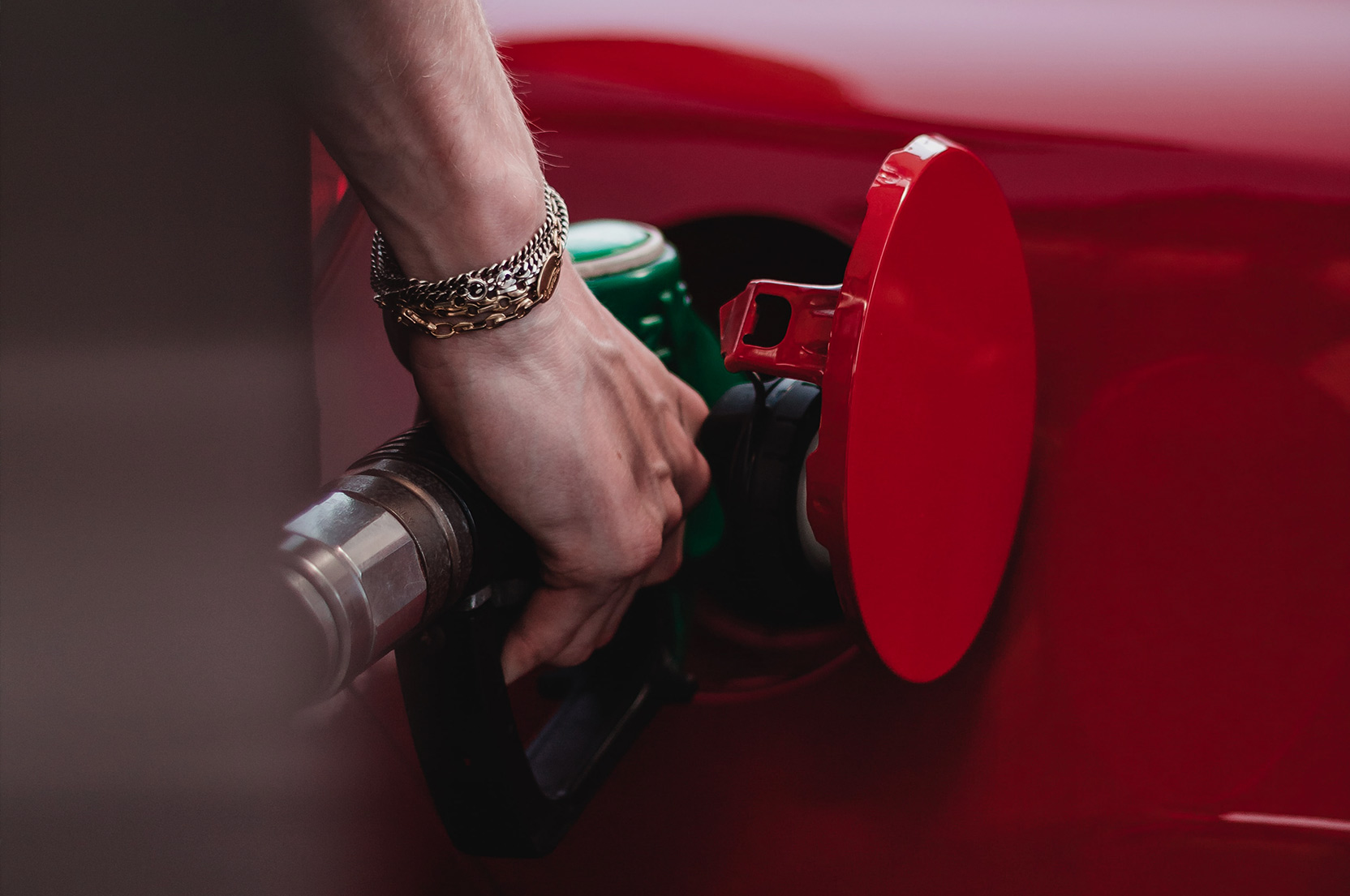Reduce running costs against rising fuel prices

As the cost of living crisis hits ever harder and inflation is at a record level, the UK’s motorists continue to feel the pinch, with fuel prices increasing. Official data recorded that motorists experienced the steepest weekly rise in fuel prices in 18 years after Russia invaded Ukraine.
In the first week of March, the average price of a litre of unleaded petrol went up by 3.7p and diesel by 5.2p. The rises continued after the UK’s decision to phase out Russian oil imports, with super unleaded petrol reaching £174.33 a litre and diesel £173.44 a litre. To put this in context, a family car with a typical 55-litre tank is now paying £89.90 to fill up compared to £68.57 a year ago, and a transit van with an 80-litre tank now costs £138.75 to fuel, compared to £102.50 last year.
While it is a worrying time, you can do things to help save money, ranging from changing the way you drive to how you pay and where you fill-up. On a positive note, we’re now moving from winter to summer, which means engines don’t have to work so hard and with more daylight around, the impact of headlights, wipers and heaters is reduced.
A radical solution is to switch to a hybrid or electric vehicle, but this involves substantial up-front costs, which many simply couldn’t manage in the current climate. Instead, there are other more practical measures you can take to help reduce your running costs:
Drive less - cut back on shopping and recreational trips, walk or use a bicycle and investigate car sharing. Its estimated mileage could fall by around 30% in 2022! ‘Liftshare’ is the UK’s biggest car sharing community and is worth investigating.
Drive more efficiently - drive as smoothly as possible, keeping revs 1,500 - 2,500rpm with a petrol engine and 1,200 - 2,000 rpm if it’s a diesel. Avoid excessive acceleration and braking, and idling as it wastes fuel, and try to change up a gear early. Use air-con sensibly - it’s more efficient at high speeds, cut down on electrics, such as rear window heater and demister, and use the right specification oil. Getting your car regularly serviced will improve its efficiency and always stick to the speed limit. According to the AA, driving on the motorway at 80mph can use up to 25% more fuel than driving at 70mph. For more tips, see the AA’s webpage (click here).
Empty boot – extra weight means extra fuel, so if you don’t need it, take it out. Roof racks and boxes add to fuel consumption; pack carefully to reduce drag or take them off.
Check tyres – check tyre pressures regularly and before long journeys: under-inflated tyres make your car use more fuel.
Supermarket fuel - it generally costs a few pence less per litre to buy fuel from supermarkets and, according to Which? the petrol is of the same quality as other locations. Supermarkets occasionally incentivise shoppers by offering money off fuel for spending a certain amount on groceries and don’t forget their loyalty schemes.
Loyalty scheme - all the main brands – BP, Shell, Texaco, Esso (Nectar) – offer loyalty reward systems, giving you points for money spent on fuel, which you can then redeem on fuel, so it’s worth signing up if you use a regular brand.
Shop around - the PetrolPrices website and app shows you where you can get the best price for fuel in your area, and it’s free to create an account, so definitely worth taking a look.
Use sat nav - getting lost uses more fuel, so use your sat nav, choosing the most economical route, and check travel news before you go to avoid congestion and traffic jams.
Discuss car insurance with TMD
Check that you’re getting the best deal on your car insurance by talking to TMD. The good news is that, according to the Association of British Insurers, the average cost of motor cover in 2021 was at a six-year low! For a no-obligation chat, call us on 01992 703 000 or email: insurance@mcdonaghs.co.uk

